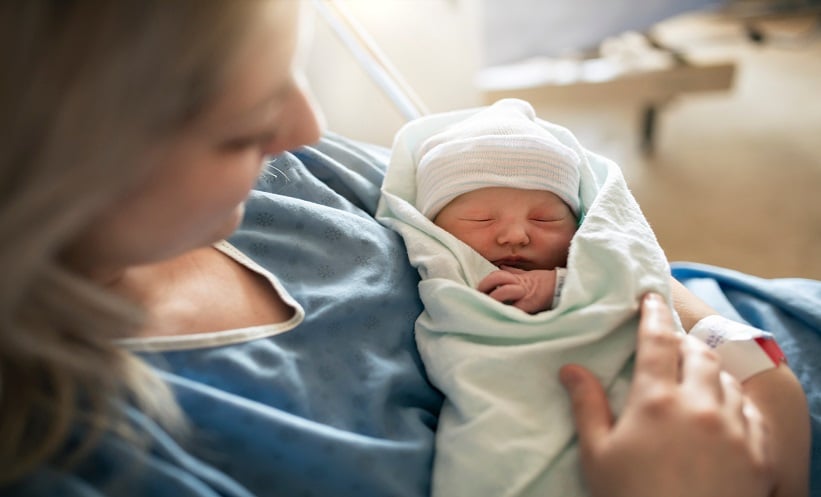NOVEL research presented at the 8th Respiratory Syncytial Virus Network (ResViNET) Conference, held from the 13th–16th February 2024 in Mumbai, India, identified a risk scoring tool (RST) for classifying moderate-to-late preterm infants at greatest risk of respiratory syncytial virus (RSV) hospitalisation.
Lead author Bosco Paes, McMaster University, Ontario, Canada, and colleagues, reviewed eight published RSTs/predictive models for several attributes: robustness and applicability of source data, simplicity and accuracy, validation and applicability, and cost-effectiveness.
The team found that most RSTs/models were developed from large, prospective, observational studies specifically designed to identify risk factors for RSV hospitalisation in moderate-to-late preterm infants. The International RST (IRST) had the largest dataset, encompassing data from six studies across 28 countries (n=13,475). Paes and team identified 15 distinct risk factors across all eight RSTs, the most common being age relative to the RSV season (8/8), followed by siblings and/or daycare attendance (7/8), maternal and/or household smoking (4/8), lack of breastfeeding (4/8), and familial atopy (4/8). While other RSTs/models comprised 4–8 risk factors, the IRST only had 3, making it a simpler tool. It also had the second-highest predictive accuracy. The proportion of preterm infants identified as high-risk for RSV hospitalisation ranged from 11–42%, with the IRST ascribing 24% of infants as high-risk. Validations were reported for 6/8 RSTs/models, and the IRST was proven accurate using data from Ireland, Colombia, and Brazil. The IRST also proved to guide prophylaxis cost-effectively in North America, Europe, Asia, and Latin America.
Study results point to the IRST as a robust, simple, applicable, and cost-effective tool for ensuring that the most vulnerable moderate-to-late preterm infants receive prophylaxis against severe RSV infection.








